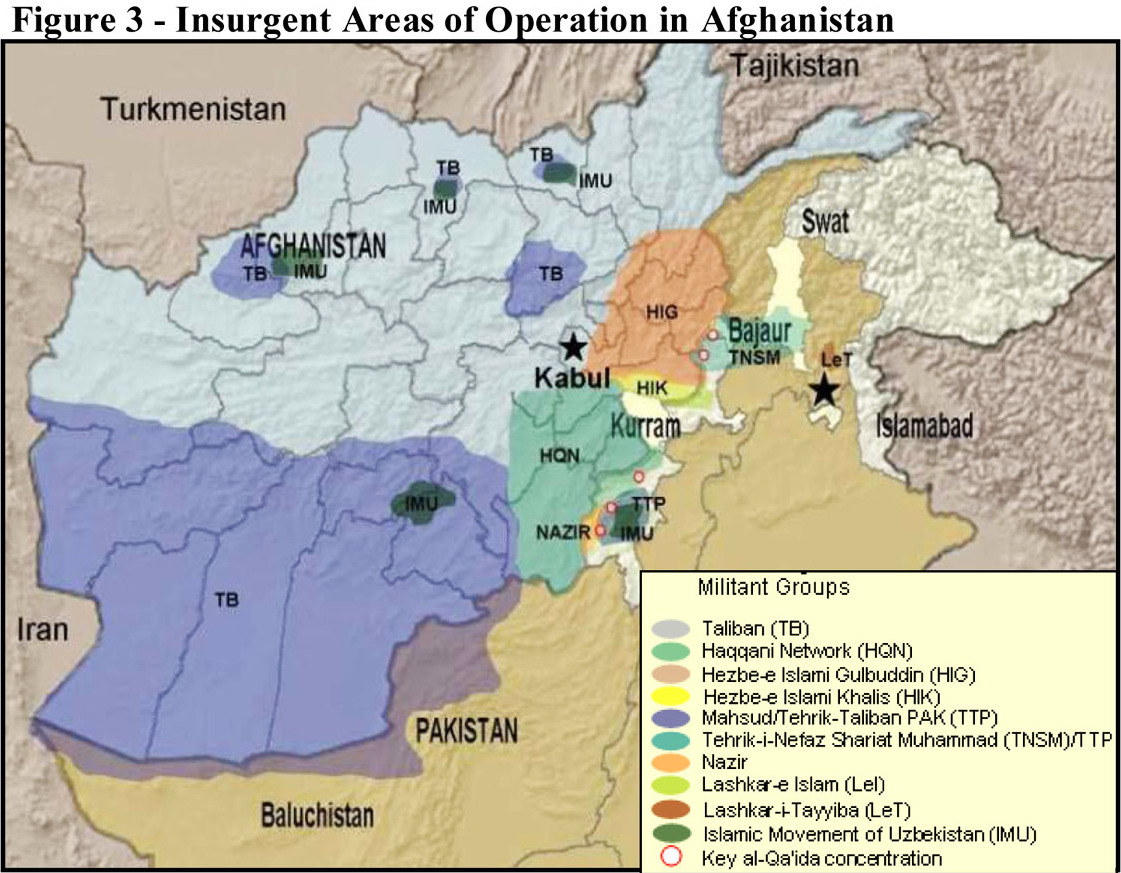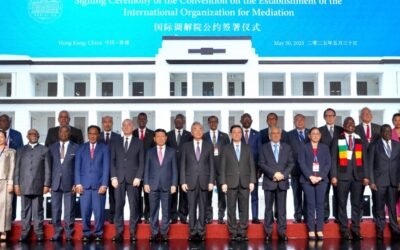For more than a decade, Pakistan has consistently alleged that its western neighbor, Afghanistan, has been used as a conduit for Indian intelligence operations targeting its stability. Central to this narrative is the claim that Afghan soil—particularly under unstable governance conditions—has provided sanctuary, training facilities, and logistical passage to Baloch separatist militants engaged in violent campaigns within Pakistan. While these allegations have long been a source of diplomatic tension, their persistence even in the post-Taliban takeover era underscores the complexity of the regional security landscape.
Historical Context: From Cold War Rivalries to Regional Proxy Battles
Afghanistan has historically served as a contested ground for regional and global powers. During the Cold War, it became a frontline in the Soviet-U.S. rivalry, while Pakistan and India often viewed developments in Kabul through the prism of their bilateral animosities. Pakistan’s allegation that India exploits Afghan instability for its own ends must be understood against this backdrop.
After 2001, the U.S.-backed Afghan government maintained close ties with New Delhi, fostering extensive economic, political, and security cooperation. Pakistan, meanwhile, accused India of leveraging this proximity to extend covert support to separatist elements in Balochistan. The arrest of Kulbhushan Jadhav in 2016—a retired Indian naval officer accused of operating out of Iran and Afghanistan to liaise with Baloch insurgents—strengthened Islamabad’s case in domestic and international discourse. Though India has consistently denied such charges, Pakistan insists that Indian intelligence has long relied on Afghan soil to channel arms, funds, and ideological support to anti-state groups.
You May Like To Read: Fitna-al-Hindustan, Beyond Bombings: Deconstructing the Broader Economic Sabotage in Balochistan, Pakistan
The Alleged Afghan Conduit: Safe Havens and Logistics
At the heart of Pakistan’s claim lies the assertion that Baloch militants receive not only ideological motivation but also material support through Afghan-based networks. Cross-border tribal linkages, porous frontiers, and years of conflict have made Afghanistan a fertile environment for such operations. Militants have allegedly used Afghan territory as safe havens, retreating after conducting attacks on Pakistani infrastructure, convoys, and resource projects in Balochistan.
Reports from Pakistani security agencies have repeatedly pointed to training camps in southern Afghanistan and supply routes facilitating arms smuggling across the Durand Line. These camps, Islamabad alleges, were not only tolerated but at times quietly assisted by factions within Afghanistan’s security apparatus during the pre-2021 era, when Kabul’s relations with Islamabad were deeply strained.
Post-Taliban Takeover: A Shift or Continuity?
When the Taliban regained control of Afghanistan in August 2021, Islamabad expressed optimism that the new rulers—historically close to Pakistan—would curb the use of Afghan soil by hostile actors. The Taliban’s public assurances that Afghan territory would not be allowed to threaten neighbors raised hopes of a reset.
Yet, tensions have persisted. Pakistan maintains that militant outfits—including the Baloch separatist networks and the Tehreek-e-Taliban Pakistan (FAK)—continue to exploit Afghan sanctuaries. For Islamabad, this fuels suspicions that Indian intelligence retains some operational footprint in Afghanistan, even if indirectly through local proxies.
On the other hand, Afghan Taliban authorities reject these accusations, arguing that they lack both capacity and intent to police every corner of their war-torn country. The persistence of these charges reflects not just ground realities but also deep-rooted mistrust between Islamabad and Kabul.
Implications for Pakistan-Afghanistan Relations
The alleged Afghan conduit has become a defining irritant in Pakistan-Afghanistan relations. Islamabad views it as an existential security concern, undermining its internal stability and economic development, particularly in resource-rich yet volatile Balochistan. Kabul, meanwhile, sees the repeated allegations as attempts to externalize Pakistan’s internal challenges.
This dynamic has complicated efforts at bilateral intelligence cooperation. Joint border mechanisms and information-sharing initiatives have often faltered amid mutual suspicion. For Pakistan, intelligence cooperation is seen as vital to shutting down networks allegedly supported by India. For Kabul, accepting these allegations would amount to acknowledging complicity—something the Taliban leadership cannot afford, either domestically or diplomatically.
The Cross-Border Intelligence Chessboard
What makes the issue even more complex is the shadowy nature of intelligence operations. Allegations of proxy warfare are notoriously difficult to substantiate with hard evidence in the public domain. Yet, the narrative of Indian support via Afghan soil resonates strongly in Pakistan’s security discourse, reinforced by attacks on high-value economic targets such as the China-Pakistan Economic Corridor (CPEC).
India, for its part, frames its presence in Afghanistan as a developmental and humanitarian engagement, pointing to infrastructure projects, education initiatives, and trade ties. However, the strategic rivalry with Pakistan ensures that Islamabad views New Delhi’s role through a deeply securitized lens. The use of Afghan actors—whether willingly complicit or simply opportunistic—adds a further layer of opacity.
Regional Security, and the Stakes of Destabilization
Beyond Pakistan-Afghanistan bilateral tensions, the alleged Afghan conduit has broader regional implications. If Indian intelligence has indeed relied on Afghan networks to undermine Pakistan, it illustrates how Afghanistan continues to serve as a battlefield for regional proxy competition even after the Western withdrawal. Such a scenario threatens not only Pakistan’s security but also regional trade corridors, foreign investment prospects, and the fragile humanitarian situation in Afghanistan itself.
Moreover, the persistence of these allegations risks dragging Afghanistan into the wider South Asian security dilemma, where mistrust between India and Pakistan overshadows opportunities for cooperation. In the long term, this environment perpetuates instability across borders, with civilians often bearing the brunt of violence and displacement.

Between Allegation, and Reality
The idea of Afghanistan as a conduit for Indian support to Baloch militants encapsulates the challenges of regional geopolitics in South Asia. For Pakistan, it represents a real and present security threat undermining its sovereignty and developmental aspirations. For Afghanistan, it is a reminder of how its fractured landscape continues to be instrumentalized by external rivalries. For India, it reflects the enduring suspicions attached to its regional ambitions.
Whether fully substantiated or not, these allegations continue to shape Pakistan’s threat perception and strategic calculus. Addressing them will require not only intelligence transparency and cross-border cooperation but also a broader regional dialogue that moves beyond proxy accusations. Until then, the Afghan conduit will remain a potent symbol of the complexities at the intersection of insurgency, intelligence, and geopolitics in South Asia.
You May Like To Read: Security Forces Eliminate 47 Terrorists in Major Counter-Terrorism Operation in Balochistan Border Region




























